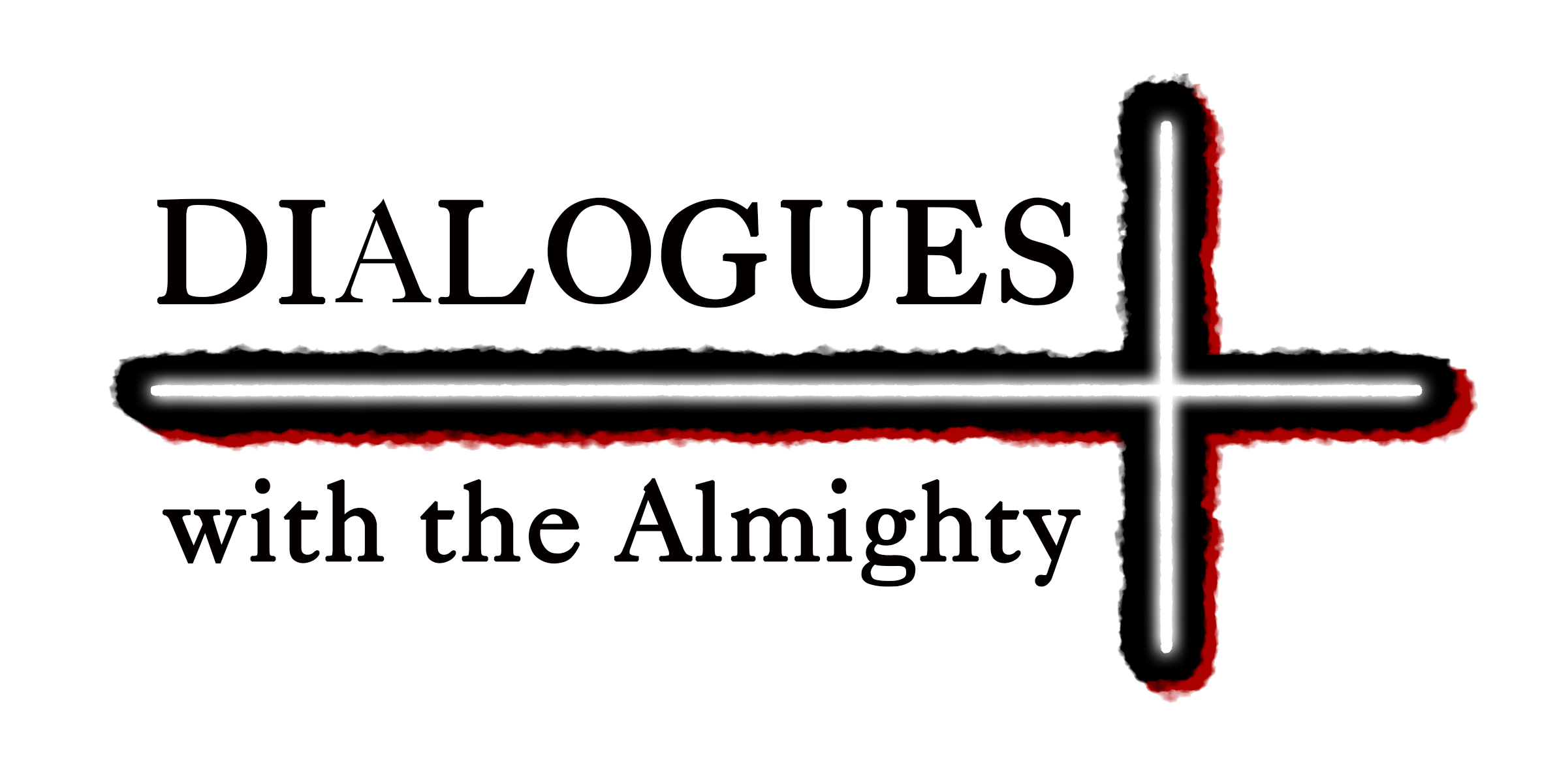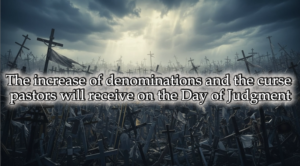.
The ways in which God leads people to the truth are so diverse and varied, yet the process of coming before God and bearing the fruit of truth seems similar. Though we have all come before the truth, declaring that we would abandon worldly and fleshly things to live pursuing the hope of Christ, the ways we have expressed our faith in God have been so different. It feels as though God first shatters all the pride, zeal, vigor, and plans we’ve put forth before Him. After reading the writings of our family members, I was reminded anew of how each of us first came before the truth. It struck me again that we were all people who found no great hope or joy in the world, and through their writings, it became even more evident that God truly cuts off all worldly hope for those who need to come before Him.
We were all people worn out in body and spirit from living in the world, yet it seems God led us first to the true shepherd to heal our sick bodies and hearts. Through the words of truth, we continually face our shortcomings and weaknesses, but on the other hand, we are free from worldly worries in the flesh. Though we may not be materially abundant, we are given healthier food than anywhere else and nurtured with the spiritual sustenance of the Word, for which I am grateful. We must relentlessly seek to abandon “ourselves,” our habits, and our fleshly ways to follow this true shepherd and bear perfect fruit before God. Yet, I feel ashamed and dismayed that in my daily life, I still rely on my fleshly habits more than God, letting my thoughts take the lead and being dragged by the habits of my body. The fruit of the teacher and those with grace is not something born of human flesh but comes solely from God—this is confirmed through their writings, their fragrance, and their example. Though I hear, see, and feel this in my mind, I still see myself lingering in the “limits of my flesh,” unable to fully cling to and rely on God. I also wonder, beyond the flaws I recognize and know about myself before God, “Aren’t there even bigger and more numerous problems that I’m not aware of?” This is evidence that I’m still living with my life and my prayers separate. I should be moving forward in life constantly holding onto prayer and relying on God, but my prayers of dependence on Him are always lacking, so my fleshly habits keep “myself” at the center, constantly deciding, judging, and setting standards.
Through this opportunity, I’ve had a chance to reexamine my faith. My problematic traits were usually something I reflected on after the teacher’s rebuke, but writing about the truth I’ve learned allowed me to take a broader look at the “reality of my faith.” Through the example of those with grace, I know the path we should follow, but I ask myself, “Why can’t I fully pursue that path? Why can’t I fully bear that fruit?” The biggest reason, I think, is that I still haven’t let go of “my center” and that my heart is too inclined toward the “flesh.” For the parts I’m aware of, I try to guard against myself and move away from “my center,” but for the parts I don’t recognize, I inevitably end up being drawn into judgments based on “my thoughts” or “my plans”—always pulled back to “my center.” Though I say I live following the path of a true Christian, the “hope of Christ” isn’t fully at my core, so I still don’t completely rely on God in my life. Now I understand why the teacher said that even if we recognize our weaknesses and shortcomings, even if we know we’re sinners, without receiving “grace,” not one of us can be reborn or receive salvation. By our own strength, we can never escape “our center.” That’s why prayer for the “hope of Christ” is so desperately needed.
.
.
.



